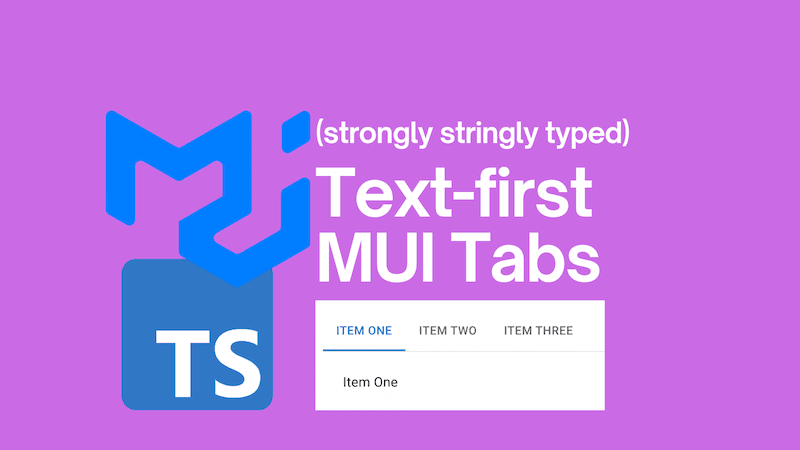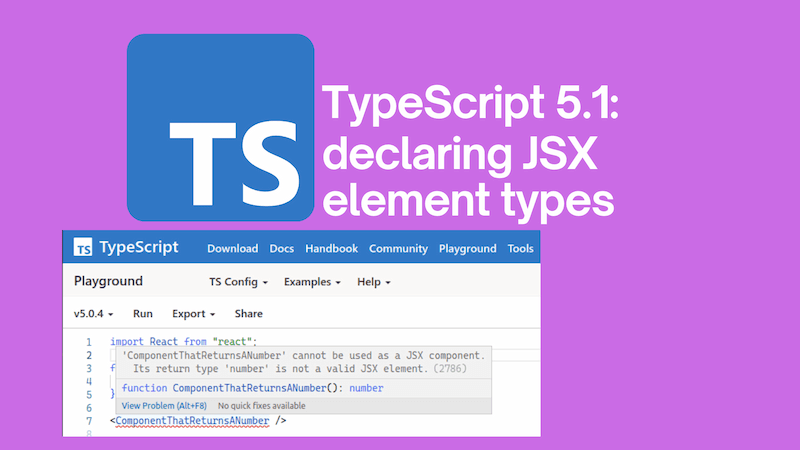Every now and then, I need to use a treeview component in a React application. The Material-UI (MUI) library provides a treeview component that is very useful. However, some of the default behaviours of the component differ from that which you typically find in a treeview component. I'm speaking, of course, about node selection. I'm used to a treeview component that, when a parent node is selected, auto selects the child nodes underneath. And by turn, when nodes are deselected, the parent nodes get deselected.
This post documents how to implement this behaviour with the MUI treeview component.
Since initially writing this, I've learned that it is likely that the kind of behaviour I'm hand-rolling here, will natively land in the component. So, all being well, what follows should become unnecessary! To track native support watch this GitHub issue.











